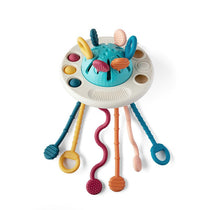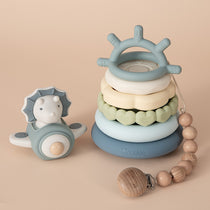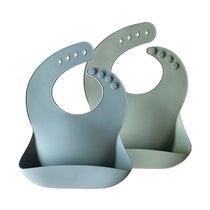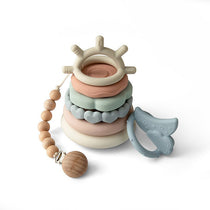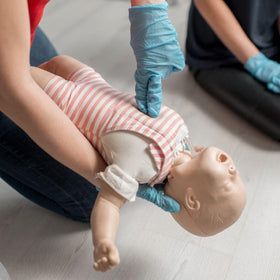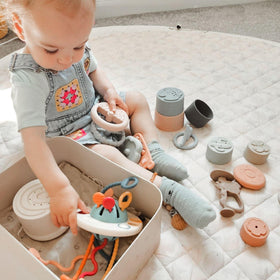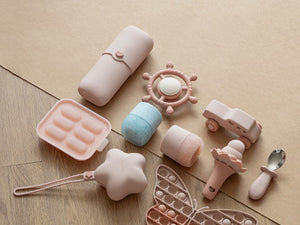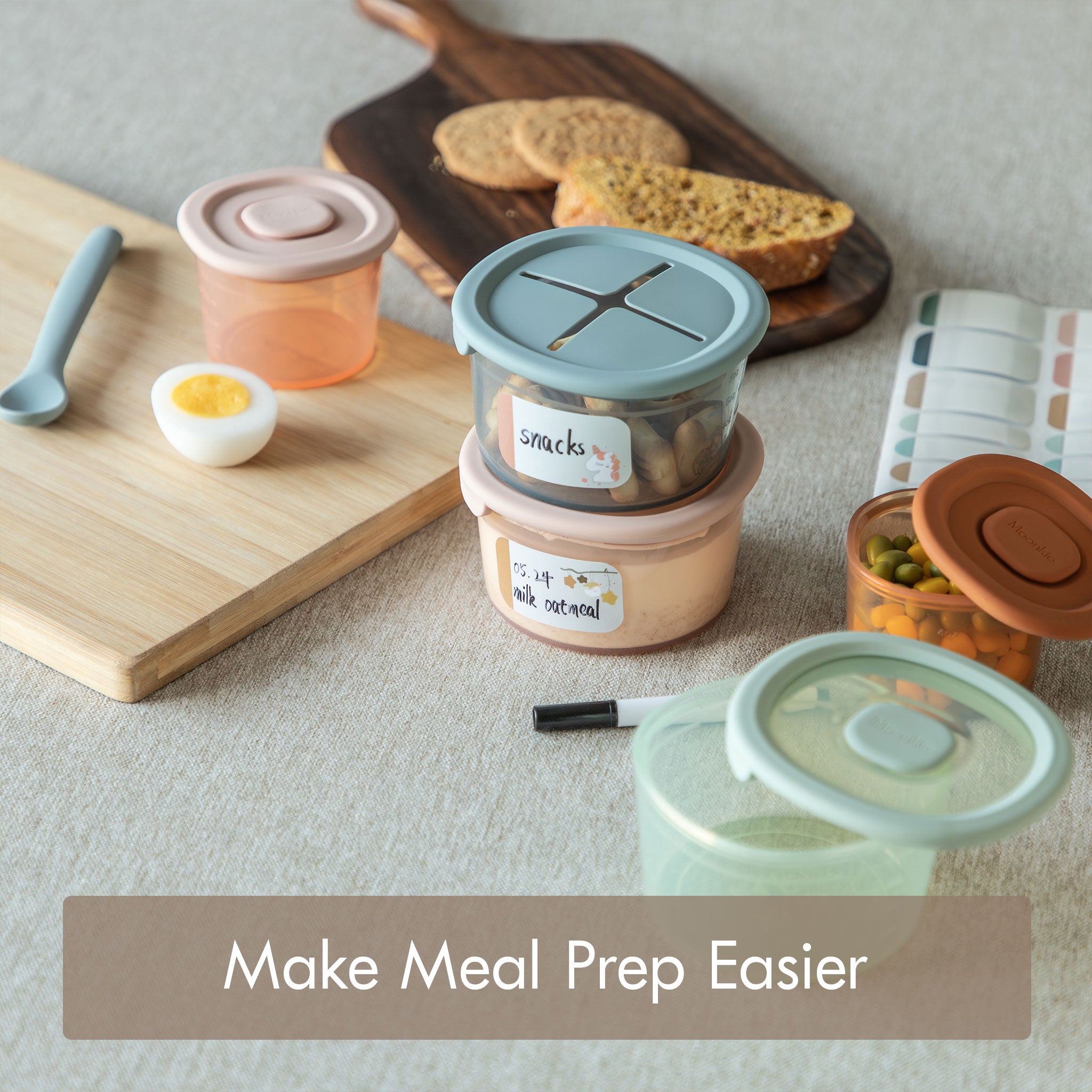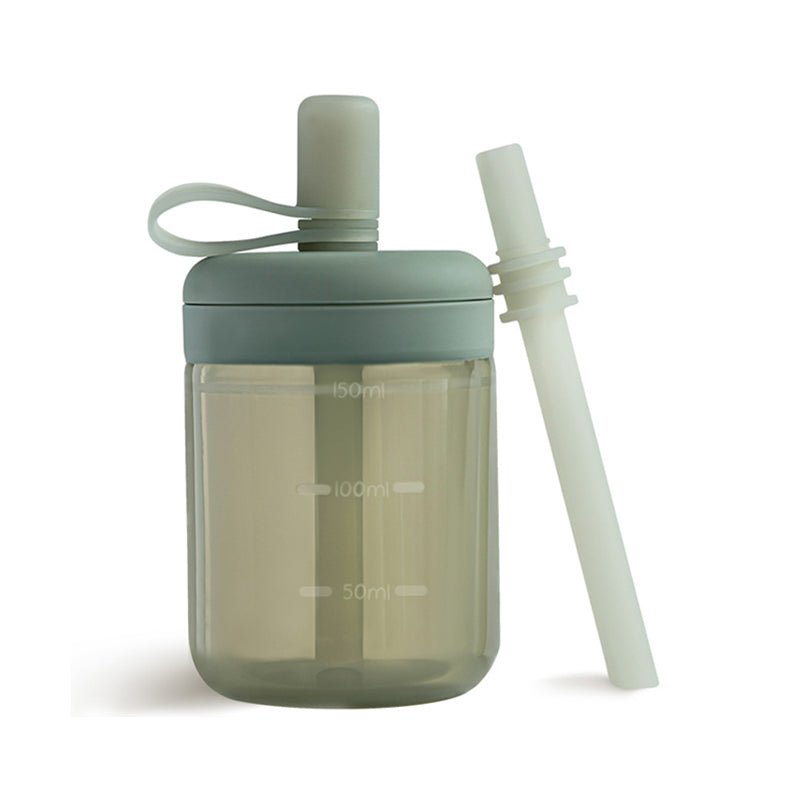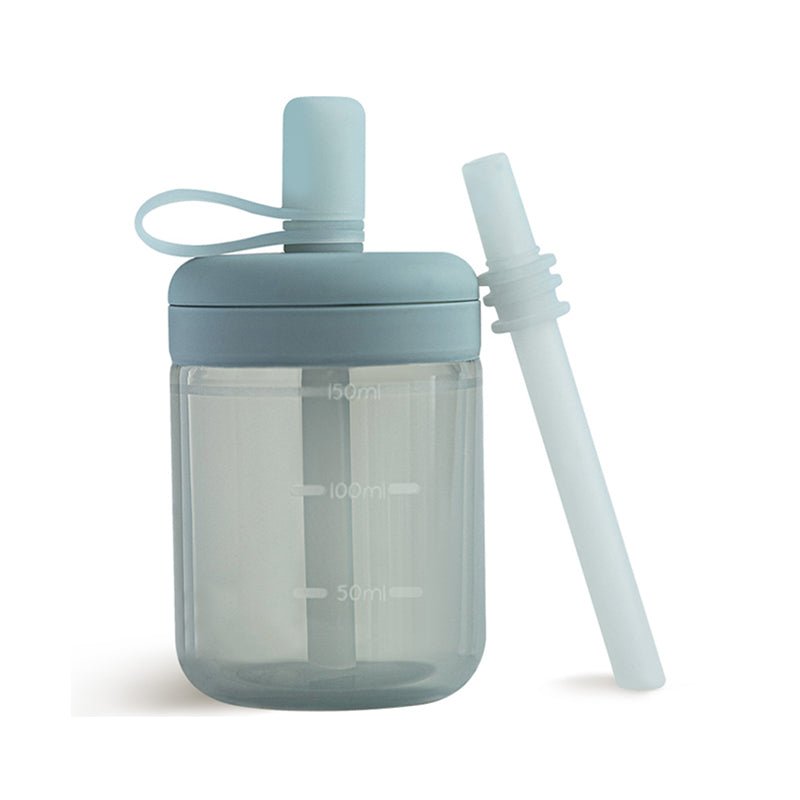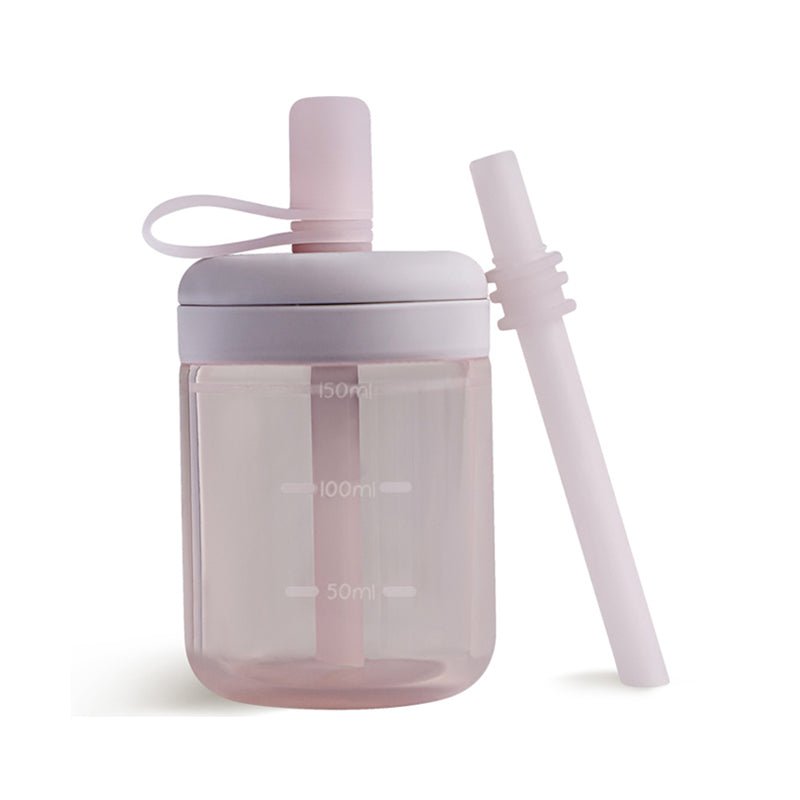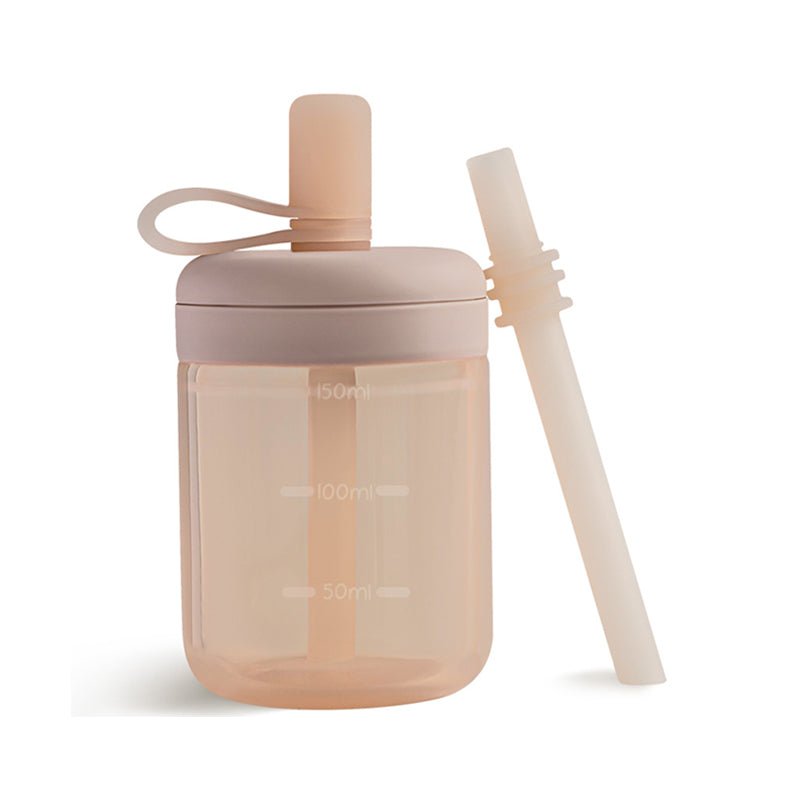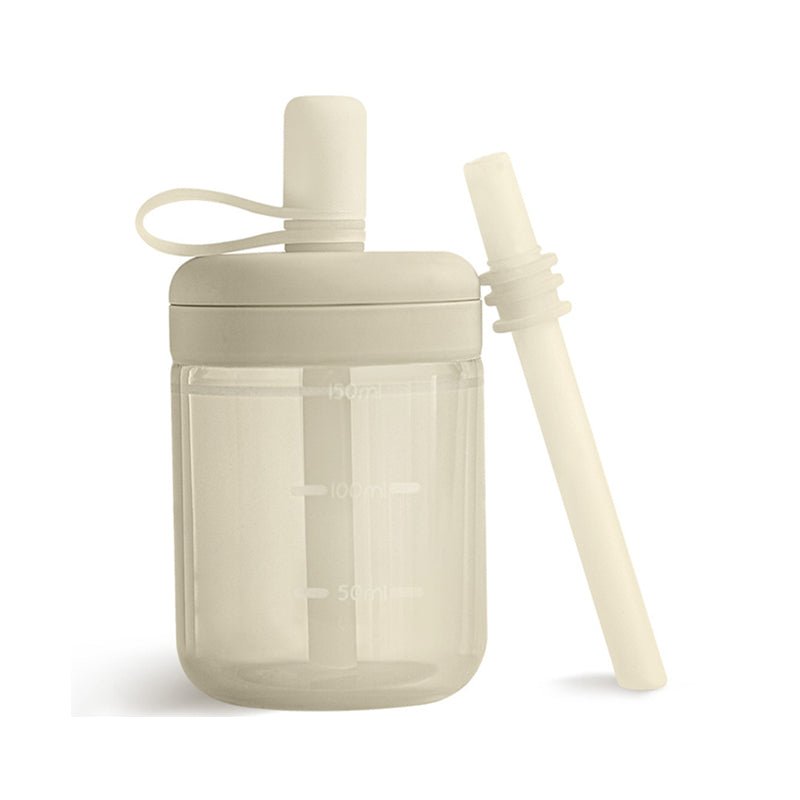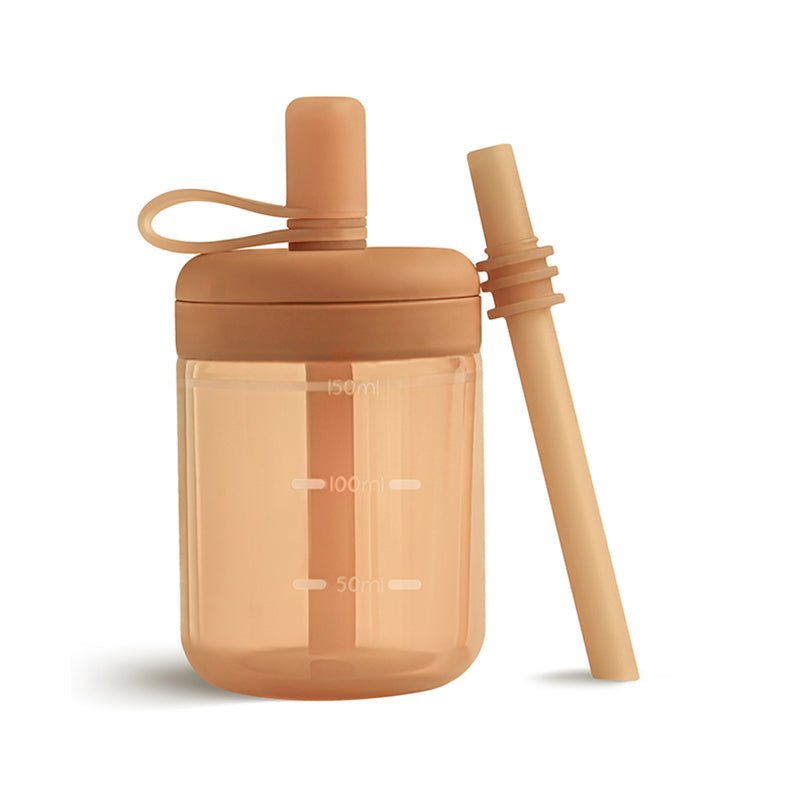There is nothing like your first pregnancy to remind you that you are human--and that growing another human being is serious business! For all the struggles and pains associated with pregnancy, it is an amazing experience to give so much of yourself to start your little one off well.
Pregnancy is a roughly 40-week process divided into three trimesters. Women experience vastly different symptoms, pains, and struggles, leading to thousands of pregnancy questions and odd superstitions. No two pregnancies are alike, even for the same woman!
I am not a doctor, nurse, midwife, or medical researcher, but I have combed through medical research, books, and interviews to answer my questions throughout three pregnancies. Here are my findings on the top 20 questions first-time parents ask about pregnancy.
1. Are There Foods I Should Avoid?
YES! Avoid anything that could have bacterial growth that could harm your little one, like unpasteurized milk, cream, and cheeses. Cold-cured meats (pepperoni, salami, chorizo, prosciutto), raw or undercooked meats, and game meats killed with lead could also contain harmful bacteria or traces of lead (source).
One easy way to avoid harmful bacteria is to stop eating anything undercooked. Your eggs and meats must be cooked well (sorry, no pink meat or super runny yolks). Your dairy products should be pasteurized, and raw veggies ought to be well-washed or cooked.
Fish is a fantastically nutritious food for pregnancy but must be cooked (not cold-smoked or cured). Moreover, you should probably limit the amount of tuna you eat since it contains more mercury than other types of fish. Likewise, limit the amount of salmon, trout, mackerel, or herring you consume each week to avoid the pollutants in them (source).
The last major no-no for your pregnancy diet is alcohol. Do not drink any amount of alcohol during pregnancy because it gets into your bloodstream and goes right to the baby. Since a fetus develops rapidly (as in millions of neural connections every minute in the brain alone), even "a little alcohol" can impact far more than you anticipate.
Alcohol is highly associated with an increased risk of the following (source):
fetal alcohol spectrum disorders
growth problems (low birthweight, behavioral problems, abnormal facial features)
Sudden Infant Death Syndrome (SIDS)
miscarriage
preterm birth
stillbirth
2. Can I Keep Drinking Coffee, Tea, or Caffeinated Drinks?
Caffeine is a hot topic in pregnancy. Just a brief search online will tell you to either drink a small amount or avoid it altogether. Combing through studies on this also reveals conflicting results.
According to the American Pregnancy Association, keeping your caffeine intake to 200mg or less per day is acceptable, but totally avoiding caffeine is best (source). Reasons for this abound:
Caffeine increases your blood pressure and heart rate (not recommended in pregnancy).
Caffeine makes you pee more, which could lead to dehydration if not replenished.
Caffeine moves through your placenta to your baby, who cannot break down the caffeine.
Caffeine makes the baby more active, interrupting sleep patterns.
Caffeine can cause birth defects in animal babies, but we don't have clear evidence of this for humans yet.
Caffeine seems to increase the risk of miscarriage in some but not all studies.
If you are like I was during my first pregnancy, though, you may be blissfully unaware of how much caffeine you consume every day. You can find it in tea, soda, some over-the-counter medications for headaches, and chocolate (source).
8-ounce brewed coffee: 95 - 165 mg
8-ounce brewed decaf coffee: 2 - 5 mg
8-ounce latte: 63 - 126 mg
1-ounce espresso: 47 - 64 mg
6-ounce green tea: 40 mg
6-ounce black tea: 45 mg
8-ounce Earl Grey tea: 50 mg
1-ounce dark chocolate 70-85% cacao: 22 mg
1-ounce dark chocolate 45-60% cacao: 12 mg
12-ounce soda: 32 - 69 mg
Herbal teas may or may not have caffeine. Check the label to be sure!
3. Can I Still Exercise?
Yes, you can still exercise throughout your pregnancy. You are actually encouraged to do so! In the first and third trimesters, you will probably lack the energy to do much, but getting at least 150 minutes of moderate-intensity exercise a week is recommended for a healthy pregnancy (source).

Those who exercise regularly before pregnancy can continue their normal routine, making changes as their bodies shift in size, stability, and energy levels. So, if you ran a 5k three times a week before pregnancy, you can keep that up at a slower pace as long as your pregnancy is healthy and low-risk.
For those who are new to exercise, take baby steps (pun intended). Start with some stretching and a 10-minute walk every day. Add 5 more minutes each week until you reach 30 minutes a day.
Regardless of where you start, speak with your OB/GYN about exercise, moderation, and calorie intake. Slowly increasing your weight is vital to a healthy pregnancy, and body changes will certainly affect your flexibility, balance, and stamina, so don't overdo it!
4. How Can I Make Morning Sickness Easier?
First of all, morning sickness can happen any time of day or night--not just mornings. You would think we would have a more accurate name for it, given that 70-80% of all pregnant women experience morning sickness in their first trimester (source).
Though morning sickness is so common, scientists have not yet pinned down exactly what causes it. It could be a mixture of factors, like body changes, sharp increases in pregnancy hormones, immune system suppression, and any number of other culprits.
Not knowing the cause makes easing morning sickness rather mysterious. Even for the same woman, different pregnancies may have varying degrees of morning sickness and respond better to some aids than others.
Here is a list of tricks to try:
hot ginger or peppermint tea
smelling peppermint oil
eating 6-8 small meals a day instead of 3 large meals
avoiding dairy, spicy, oily, overly sweet, or super salty foods
drinking warm water with lemon
taking two short naps a day instead of none or one long one
walking for a few minutes after each meal
getting some sunshine and fresh air whenever possible
avoiding lots of screentime at once
avoiding scrolling or screens in dark rooms
visiting a chiropractor regularly
taking a warm shower
doing breathing exercises and stretches
eating a few saltine crackers
driving instead of riding as a passenger
5. How Much Weight Do I Need to Gain?
Most women aptly gain somewhere between 25 and 35 pounds during pregnancy. There are certainly exceptions to this range, but it is the average. Importantly, that weight gain doesn't happen all at once.
Some women are so nauseous in their first trimester that they actually lose a few pounds. When feeling better in the second trimester, they gain a few pounds and pack on the rest in the third trimester.
Other women may steadily gain a couple of pounds a month throughout their pregnancy, while others will gain almost everything after 20 weeks. There is no right or wrong pace for weight gain in pregnancy, as long as it isn't too fast or nonexistent.
For some, 25 to 35 pounds may be an uncomfortable number, but breaking it down into parts makes the weight gain make sense. According to MedlinePlus.gov , pregnancy weight gain looks something like the following:
Baby: 6-9 pounds
Placenta: 2-3 pounds
Amniotic Fluid: 2-3 pounds
Added Breast Tissue: 2-3 pounds
Extra Blood: 4 pounds
Fat Stores: 5-9 pounds
Uterus Growth: 2-5 pounds
Don't worry; you'll lose most of this during delivery and in the weeks after birth. That last bit is tough to work off, but it's certainly doable!
6. Is Shortness of Breath Normal?
Yes, shortness of breath during pregnancy is normal, especially in the third trimester when your super-expanded uterus crowds your lungs, making it difficult for them to expand fully for deep breaths (source).
Another culprit is progesterone, a hormone that kicks into gear sometime in your first trimester. Progesterone makes you breathe faster and shallower, so if you already struggle with asthma or allergies, bring this up in your conversation with your OB/GYN.
Also, shortness of breath will happen as your little ninja becomes bigger and stronger. Not only does that mean you will have more weight to haul around, but you'll also feel pummeled from the inside as you try to go about your normal life.
7. Is Dizziness Normal?
Dizziness is a normal symptom of pregnancy, especially in the first trimester. The rush of hormones in pregnancy, relaxed blood vessels with lower blood pressure, and dips in your blood sugar as your metabolism changes all cause dizziness (source).
In the second and third trimesters, the greater weight of your uterus puts pressure on your blood vessels, so standing or sitting for long periods of time can cause dizziness.
As a general rule of thumb, lying on your left side more often will decrease pressure on a major vein in your body (specifically, the inferior vena cava) and allow for better blood flow between your heart, placenta, baby, and kidneys (source).
Avoid lying on your back for more than a few minutes in the third trimester. The pressure is uncomfortable all around, and it can also restrict blood flow and cause dizziness.
8. Is Peeing Myself Normal in Pregnancy?
One of the most common complaints in pregnancy is the pesky bladder requiring more trips to the bathroom. Though outright peeing yourself regularly during pregnancy is not necessarily expected, it is not far from normal.
Your body works hard throughout pregnancy to build your little human, and that means increased hormone levels to suppress your immune system and relax your muscles, ligaments, and blood vessels, including the ones that help you hold your pee.
As your uterus expands, it puts pressure directly on your bladder, which results in needing to pee again just a few minutes after a trip to the bathroom. As annoying as it is, frequent urination is normal and healthy but can sometimes result in incontinence.
Here are a few things you can do to reduce the chances of peeing yourself:
Reduce caffeine intake.
Stay well-hydrated by sipping (not chugging) water throughout the day.
Eat more high-fiber foods.
Do pelvic floor exercises to strengthen that area.
Empty your bladder fully (lean forward a bit to help).
Avoid drinking anything (even just a few swigs) a couple of hours before bedtime.
9. How Can I Reduce Heartburn?
Yet another beloved pregnancy struggle is heartburn. It can strike right after a meal or while lying down, and it only worsens as your baby grows. Can you guess what causes it? Yep, hormones. Those lovely hormones relax your esophagus, making it easy for stomach acid to move up (source).

Talk with your OB/GYN about ways to treat extreme heartburn if you have it. But most of us have to come up with management at home. Some ways to reduce heartburn include:
avoiding spicy, fatty, greasy, and acidic foods
eating smaller, more frequent meals
eating and drinking slowly
taking a short walk after eating
sitting or standing upright for about an hour after eating
elevating your head when sleeping
drinking a little hot ginger tea
taking an antacid like TUMS (as recommended by your doctor)
10. Can I Take Medicine?
Whether or not you can take medication during pregnancy comes down to what it is, the impact on your baby, and the impact on you if you do not take it. Your OB/GYN needs to know all the medication and supplements you take, so he or she can evaluate what is safe for your baby.
Ideally, you won't take any medication (over-the-counter or prescription) during pregnancy. However, the odds of not getting sick or requiring some medicinal relief for 40 weeks are low, so talk to your doctor as soon as possible about what you can and cannot take.
Sometimes, you must take medication to protect yourself and your baby. For instance, if you develop an infection (urinary tract, respiratory, or other), you will likely be prescribed an antibiotic. Just ensure the doctor knows you are pregnant so he or she can choose an antibiotic that is less likely to endanger your little one.
The risk of an untreated infection harming your baby is often far greater than treating the infection with antibiotics. However, which antibiotic to use, at what dosage, and for how long should be evaluated by your doctor for your unique case.
11. Is Cramping During Pregnancy Normal?
Cramping in your sides and back early in pregnancy as the uterus expands is normal. In the third trimester, cramping could be Braxton-Hicks contractions, which are irregular "practice contractions" that many women experience in the weeks before delivery.
Cramping can be caused by gas and bloating, constipation, or after having sex, but it should not be accompanied by bleeding. If it is, contact your doctor. Intense cramping, sharp pain, and spotting or heavy blood flow require a doctor's attention, as these could be signs of an ectopic pregnancy, gestational hemorrhage, or miscarriage (source).
In the late second and throughout your third trimester, heavy cramping, intense pain in your upper abdomen or back, and pressure could signal preterm labor or preeclampsia (source).
At any rate, intense pain, cramping, or bleeding that does not go away is not normal and should be addressed by a doctor right away.
12. What Are the Odd Sharp Pains I Feel in My Sides and Groin?
Yet another common pregnancy pain is a quick, sharp pain in the sides, groin, and around the belly. These are likely round ligament pain, which is pain from stretching the muscles and ligaments around your ever-expanding uterus.
Round ligament pain is surprisingly sharp and can take your breath away. It often happens when standing up quickly, adjusting your sleeping position, exercising, climbing stairs, or picking something up. Basically, any time you move awkwardly or push or pull something at an odd angle, you will feel that sharp pain.
What is not normal is feeling pain while peeing or having pain in your kidneys constantly. Those are signs of a urinary tract infection and should be reported to your doctor right away.
13. Is It Normal to Feel Lots of Pressure in My Groin or Sides?
As your baby grows, it is normal to feel lots of pressure on your groin and sides. After 20 weeks, you will feel your little one do all sorts of gymnastics, but those movements become bigger and stronger each week.
The weight of your "little" baby, amniotic fluid, placenta, and uterus puts lots of pressure on your bladder, sides, and groin. Though your uterus will actually rise up to your abdomen from Weeks 12 - 36, the growth is so rapid that you will still feel lots of pressure (source).
In the last 4 weeks of pregnancy, you will feel even more pressure in your groin area because your hormones will enlarge and soften your vagina, and your baby's head will start to settle in your pelvis to prepare for the big day (source). The late pregnancy waddle happens for a reason!
14. Can I Reduce the Risk of Stretch Marks, Varicose Veins, and Dark Patches?
Common badges of pregnancy are stretch marks, spider veins, varicose veins, and dark patches. Though these are typically brought on by the rapid weight gain and hormone rush of pregnancy, genetics play a role as well. You are more likely to have these if your mother had them.
Despite the claims of many lotions and creams on the market, you cannot avoid getting stretch marks entirely. While keeping your skin moisturized with moisturizing soap is helpful, stretch marks will likely happen anyway. They will fade in the months after delivery but may not go away entirely (source).
Dark spots and patches on the skin are often due to an increase in melanin (which gives color to your skin and hair). Spending lots of unprotected time in the sun will darken these spots, so use sleeves, a hat, and sunscreen to minimize darkening. They typically fade in the months after birth (source).
Avoid treating dark spots and stretch marks with lotions and creams loaded with chemicals. Whatever you put on your skin will likely make its way to your baby.
Spider veins and varicose veins are typical in pregnancy because your hormones relax your veins, and you have extra blood pumping through those veins. Varicose veins get worse as your pregnancy progresses because the weight of your uterus can slow the blood flow to and from your lower body (source).
Spider veins and varicose veins will fade or go away entirely sometime after pregnancy, but you can minimize them a bit by doing the following (source):
not standing or sitting for long stretches of time
not crossing your legs while sitting or lying down
propping your legs up when sitting
exercising regularly to get your heart pumping
eating plenty of high-fiber foods
drinking plenty of water
wearing support hose
Are There Beauty Products and Soaps I Should Avoid in Pregnancy?
Whatever you put on your skin, face, and hair can make it into your body. Though the placenta is an extremely adept barrier between you and your baby, it does not block everything. So, the chemicals in your beauty products, soaps, and detergents can possibly get to your little one in pregnancy.
Thankfully, this realm is heavily researched, so we have a list of things to stay away from (source):
retin-a, retinol, and retinyl palmitate
benzoyl peroxide
salicylic acid
tazorac and accutane
hydroquinone
aluminum chloride hexahydrate
formaldehyde (yep, it's in lots of products)
hair dye
sunscreens
certain essential oils (rosemary, cumin, basil, cinnamon bark, sage, thyme, camphor, clove bud, geranium, nutmeg, oak moss, tarragon, and more) (source)
Your skin may have several odd changes throughout your pregnancy. Some pregnant women experience super dry skin and itchiness, while others struggle with oily skin. Some even have allergic reactions to creams or soaps they didn't react to before.
In my experience, I had to give up on all the store-bought soaps, shampoos, conditioners, sunscreens, and detergents because I reacted to everything. I was absolutely miserable!
But I found that I could tolerate handmade, unscented soap and laundry soap (as long as it had no sulfates, palm oil, or coconut oil). My dry, itchy skin with red spots all over it cleared up within two weeks, and I felt so much better!
15. How Will I Know If I Develop Gestational Diabetes?
You will not know if you have gestational diabetes until you take the glucose test sometime between Weeks 24 and 28. Gestational diabetes develops around the 24th week in 5-9% of pregnant American women who didn't have diabetes beforehand (source).

You can opt out of the glucose test or ask to test by pricking your finger four times a day for a week to test your blood sugar. However, entirely skipping this test is not advisable, considering the risks of untreated gestational diabetes.
I explored the test for gestational diabetes and other prenatal care tests and screenings in Do I Have to Do Everything the Doctor Recommends During Pregnancy? Check it out to learn more!
16. When Does My Milk Come In?
Everyone is a bit different (as is each pregnancy), but most women don't produce breast milk until 3-5 days after delivery. During the first days, you will produce colostrum--a thick milk high in nutrients. After this, your milk will come in more fully (source).
As with everything, however, some complications may arise that can delay breast milk production:
severe stress
excessive bleeding during and after birth
diabetes
thyroid conditions
infection with fever
obesity
cesarean delivery
medication
not letting your baby nurse
alcohol
dehydration
Staying hydrated, eating a balanced diet, exercising, and regular nursing help stabilize breast milk production.
Is Breast Tenderness Normal During Pregnancy?
Unfortunately yes, breast tenderness is expected during pregnancy, especially in the first trimester and in the weeks before delivery. Hormones expand the glands in your breasts to prepare for milk production, so your breasts will grow anywhere from one to three cup sizes, causing soreness.
You can try changing bra types to see what feels more comfortable, but again, continuing changes in your breasts' size will result in shifting to different bra sizes and types.
Quick Note: If you plan to breastfeed your baby, know that getting started is extremely painful. You and your baby have to learn to work together, but the first two to four weeks can feel excruciating.
This pain is expected at first, so talk to a lactation consultant after delivery about positioning your baby's head and ways to manage soreness and cracked nipples. Once you are through this initial phase, you and your baby get into a groove, and breastfeeding becomes a far more enjoyable experience.
17. Are Diarrhea and Constipation Normal During Pregnancy?
Yes, diarrhea and constipation are normal during pregnancy, thanks to hormones, diet changes, and stress. However, diarrhea should not stick with you for days, so let your doctor know about it.
Furthermore, if you have diarrhea along with nausea, vomiting, fever, or intense abdominal cramps, call your doctor right away. Any combination of these could be symptoms of a greater problem.
Constipation, on the other hand, is quite common. Increasing your fiber intake, exercising, drinking lots of water, eating smaller meals, and taking your time in the bathroom will help. You can also ask your doctor for a baby-safe stool softener.
18. How Can I Treat a Urinary Tract Infection Without Antibiotics?
If you develop a dreaded urinary tract infection during pregnancy, go to your doctor right away. The risk of your infection affecting your baby is too high to ignore and try to deal with on your own at home.

You can prevent urinary tract infections by peeing right away (don't try holding it for long periods), wiping from front to back (though this gets trickier as your abdomen expands), and drinking lots of water (source).
Wearing cotton underwear, avoiding tight or wet clothing, and peeing before and after sex also reduce the chances of developing a UTI (source).
19. Is Sex Safe During Pregnancy?
Yes, it is safe to have sex during any phase of your pregnancy; you will not hurt your baby. But, you should take several precautions to avoid issues. For example, urinate before and after sex to lessen the risk of developing a UTI (source).
You should also let your partner know if you feel discomfort, nausea, or pain and adjust or stop. Round ligament pain or cramps make sex difficult and painful at times, so ensure your partner is on the same page (source).
You should entirely avoid sex if your waters have broken, you have problems with your cervix, or your doctor has advised you to stop for a medical reason (source).
20. What Body Changes Are Not Permanent?
Pregnancy deals all kinds of changes to mothers, but not all of them are permanent. Things like a slightly larger foot size, leaking bladder, and stretch marks are likely here to stay, while things like a separated abdomen, dark patches, and forgetfulness will eventually heal or fade (source).

Other body changes that are usually not permanent and fade over the postpartum months include:
fuller, shinier hair
varicose and spider veins
expanded uterus size
bladder control issues
hot flashes
leg cramps
round ligament pain
pressure in the groin and sides
heartburn
blurry vision
itchiness
mood swings
cravings
The road to recovery after pregnancy is not a short and easy one. It took you 40 weeks or so to make a little human--brilliant! Now, it will take you about that long to feel somewhat normal.
Postpartum healing is a process. Lean into motherhood and get support from other experienced moms. Everyone's experience with pregnancy and delivery is unique, but we all understand the struggle of healing, learning to mother, and coping with all the things.
Speaking of which, if you are currently weighing the pros and cons of going back to work after delivery, check out this article: Should I Go Back to Work After Having My Baby?
In a Nutshell
We live in a day and age where we can see our little ones via ultrasound, track our health and that of our babies closely, and get answers to our questions quickly throughout pregnancy. Granted, some of these changes are annoying or frustrating, but they make sense for the feat your body undertakes!
For all the pains and changes pregnancy causes you, your baby is well worth it all!







